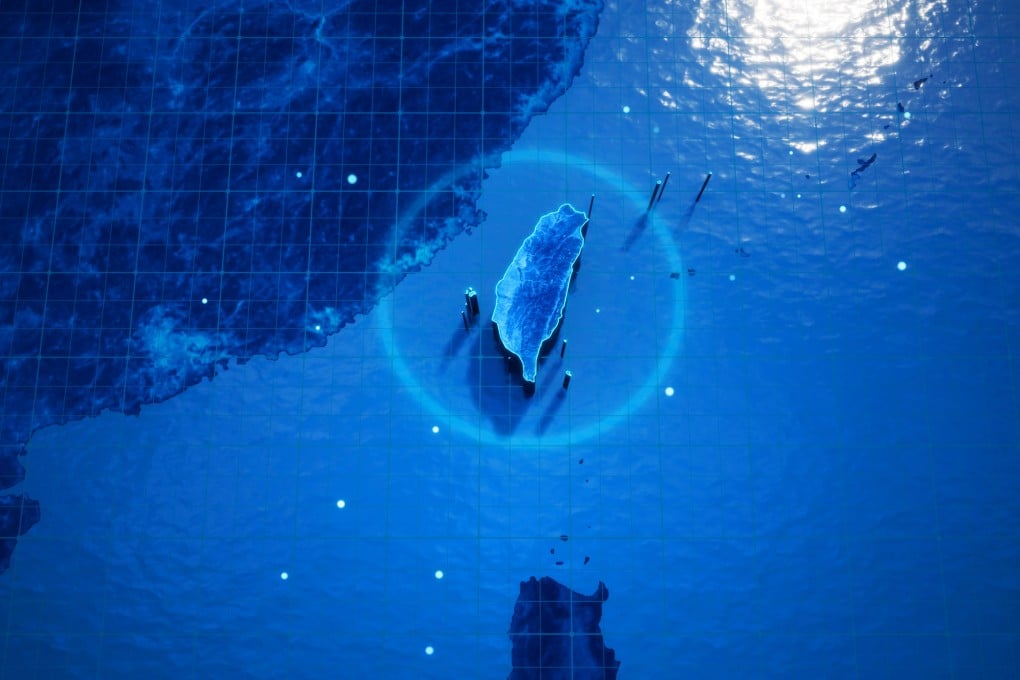Undersea internet cables a major vulnerability in any potential Taiwan attack, report finds
- Mercatus Centre at George Mason University concludes any attack would have enormous global costs from shipping disruptions and severed data cables
- Report draws on information from a Chinese database that includes a compilation of thousands of possible strategic targets

A report this week that draws on a Chinese database of thousands of potential economic and military targets provides insights into how China might mount any attack against Taiwan, with a focus on submarine internet cables vital to Taipei’s globally important semiconductor industry.
The report by George Mason University’s Mercatus Centre concludes that any attack on Taiwan would have enormous US and global economic costs, particularly from disrupted container shipping and severed undersea data cables that carry up to 99 per cent of all global internet traffic between continents.
“Over the last couple of years, I’ve settled in on the view that a crisis in the Taiwan Strait is highly likely rather than possible,” said Bruce Jones, a senior fellow at the Brookings Institution who was a consultant on the study.
“It may not be a full invasion and the threats to submarine cables vary. China also pays a price if it cuts those cables,” added Jones, who has advised the State Department, United Nations and World Bank on intervention and crisis management. “As we’ve seen throughout history, though, China is willing to pay a price for its strategic aims.”

Submarine cable landing stations – which are highly vulnerable, often nondescript and minimally protected low-rise buildings where the cables emerge from the sea – are among 294,100 entries contained in the newly identified Chinese database, whose origins are unclear.
The information, reportedly unprotected and obtained by New Kite Data Labs, contains potential targets, economic hubs and military bases in Taiwan, along with their latitude, longitude, postal address and telephone numbers.